Muammar el-Qaddafi is a Libyan military official and politician. He has been Libya’s dominant political figure since 1969. Muammar el-Qaddafi was born in 1942, near the city of Surt. The child of Bedouin parents, he attended Islamic schools in Surt and Sebha. In the 1960s he graduated from the Benghazi Military Academy.
When he was young, he became interested in Pan-Arabism, a political theory developed by Egyptian President Gamal Abdel Nasser, who believed that all Arab states and populations should join forces to fend off interference from Western countries.
Under the influence of Nasser’s ideas, el-Qaddafi soon developed a strong opposition to the pro-West policies of Libya’s king, Idris I. In September 1969, he led a military coup that overturned the monarchy. Libya became a republic and el-Qaddafi, at age 27, was named prime minister.
The new leader immediately started a series of social and economic reforms. He boosted public construction projects, raised minimum salary levels and imposed the strict observance of Islamic law.
In addition, he nationalized Libya’s numerous oil companies and dismantled the US and British military bases located on Libyan soil.
He also made attempts to promote unification among Arab states, but because of his inflexible opposition to the West he was never able to draw the more moderate Arab governments to his side. Consequently, his efforts yielded no concrete results.
In 1977, el-Qaddafi changed the country’s form of government, turning Libya into a democracy. The Koran became law.
Two years later, he officially relinquished all political roles, though he remained Libya’s de facto leader.
In the 1980s, the West began accusing el-Qaddafi of backing international terrorism. As a result, in 1986 the United States bombed the cities of Tripoli and Benghazi. El-Qaddafi emerged unscathed, but his adopted daughter was killed.
Suspicion of el-Qaddafi’s involvement with terrorism deepened in 1988, when a Pan-Am passenger plane exploded over the Scottish town of Lockerbie. The chief suspects were identified as Libyan nationals.
But el-Qaddafi refused to hand the alleged terrorists over to British and US authorities. Consequently, the international community imposed a rigid economic embargo on Libya.
A decade later, in 1998, el-Qaddafi finally consented to extradite the suspects and the West lifted the embargo.
In the 1990s, the Libyan leader started softening his position toward the West.
In 2006, he re-established diplomatic relations with the United States. Washington, for its part, removed Libya from its black list of rogue countries.
When he was young, he became interested in Pan-Arabism, a political theory developed by Egyptian President Gamal Abdel Nasser, who believed that all Arab states and populations should join forces to fend off interference from Western countries.
Under the influence of Nasser’s ideas, el-Qaddafi soon developed a strong opposition to the pro-West policies of Libya’s king, Idris I. In September 1969, he led a military coup that overturned the monarchy. Libya became a republic and el-Qaddafi, at age 27, was named prime minister.
The new leader immediately started a series of social and economic reforms. He boosted public construction projects, raised minimum salary levels and imposed the strict observance of Islamic law.
In addition, he nationalized Libya’s numerous oil companies and dismantled the US and British military bases located on Libyan soil.
He also made attempts to promote unification among Arab states, but because of his inflexible opposition to the West he was never able to draw the more moderate Arab governments to his side. Consequently, his efforts yielded no concrete results.
In 1977, el-Qaddafi changed the country’s form of government, turning Libya into a democracy. The Koran became law.
Two years later, he officially relinquished all political roles, though he remained Libya’s de facto leader.
In the 1980s, the West began accusing el-Qaddafi of backing international terrorism. As a result, in 1986 the United States bombed the cities of Tripoli and Benghazi. El-Qaddafi emerged unscathed, but his adopted daughter was killed.
Suspicion of el-Qaddafi’s involvement with terrorism deepened in 1988, when a Pan-Am passenger plane exploded over the Scottish town of Lockerbie. The chief suspects were identified as Libyan nationals.
But el-Qaddafi refused to hand the alleged terrorists over to British and US authorities. Consequently, the international community imposed a rigid economic embargo on Libya.
A decade later, in 1998, el-Qaddafi finally consented to extradite the suspects and the West lifted the embargo.
In the 1990s, the Libyan leader started softening his position toward the West.
In 2006, he re-established diplomatic relations with the United States. Washington, for its part, removed Libya from its black list of rogue countries.
RELATED
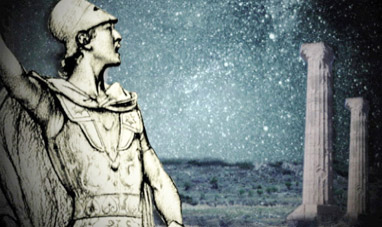

ALEXANDER THE GREAT
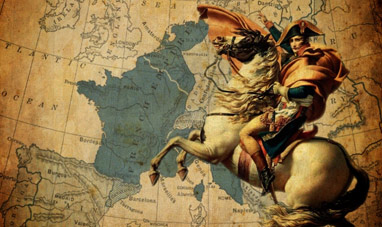

NAPOLEON BONAPARTE
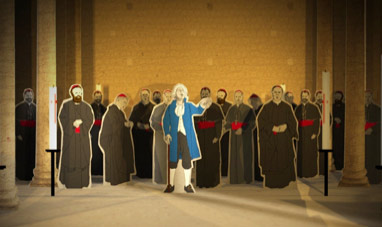

TALLEYRAND
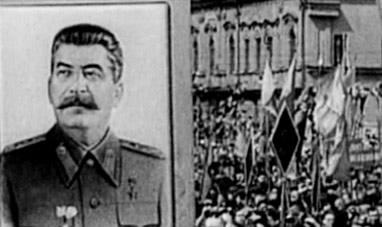

STALIN
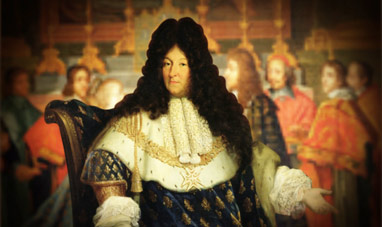

LOUIS XIV, THE SUN KING
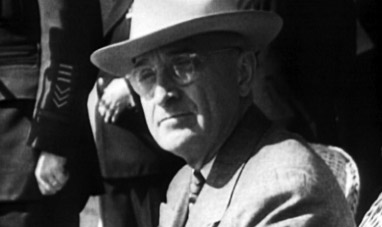

HARRY TRUMAN
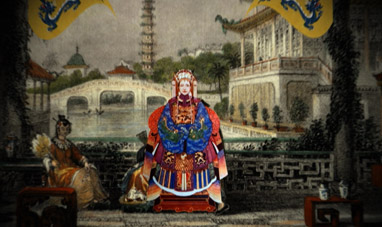

CIXI, DOWAGER EMPRESS OF CHINA
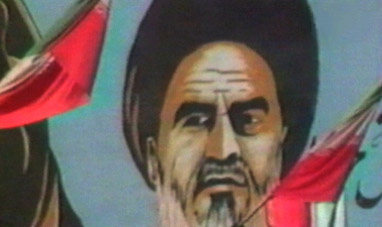

RUHOLLAH KHOMEINI
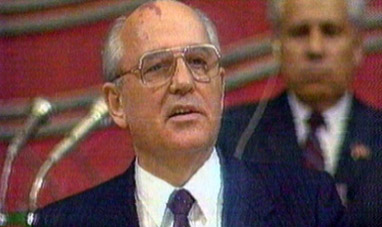

MIKHAIL GORBACHEV
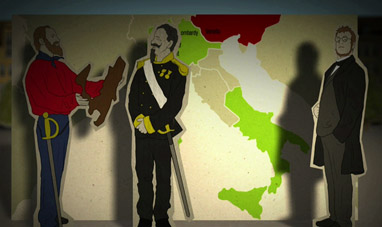

CAMILLO BENSO, COUNT OF CAVOUR
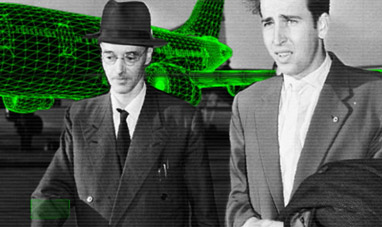

KLAUS EMIL FUCHS
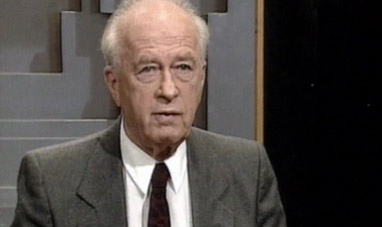

YITZHAK RABIN
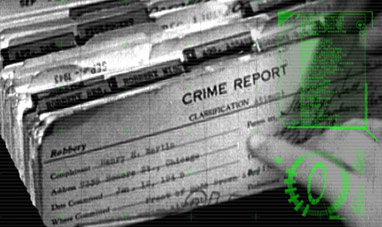

KIM PHILBY
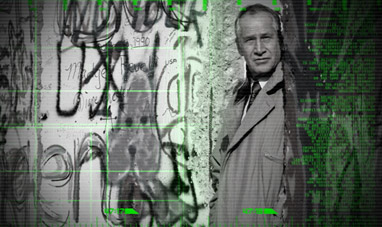

MARKUS WOLF
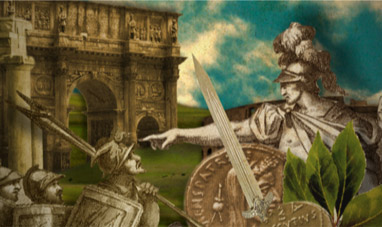

JULIUS CAESAR
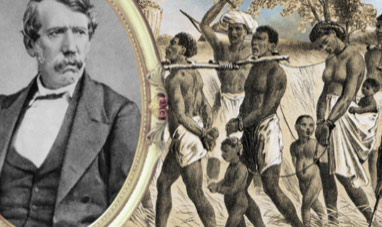

LIVINGSTONE, DAVID
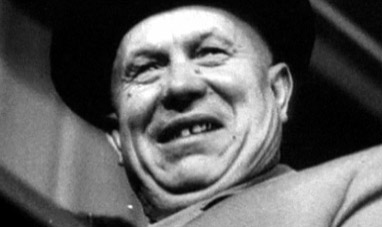

NIKITA KHRUSHCHEV
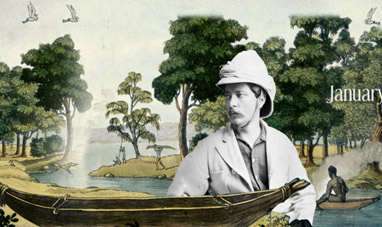

HENRY MORTON STANLEY
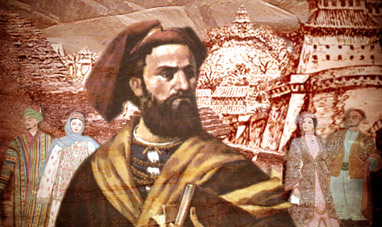

MARCO POLO
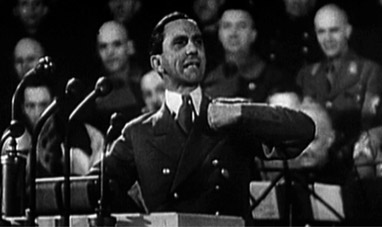

JOSEPH GOEBBELS
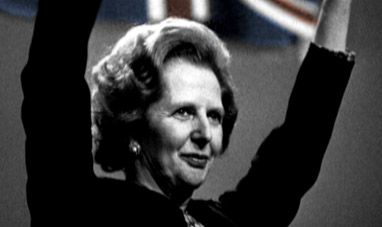

MARGARET THATCHER
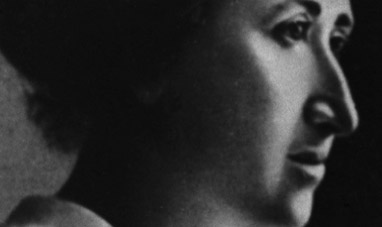

ROSA LUXEMBURG
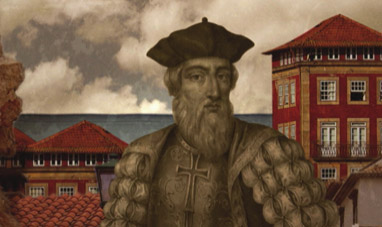

VASCO DA GAMA
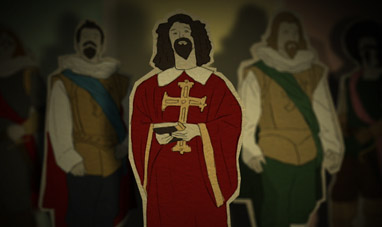

ARMAND-JEAN DU PLESSIS DE RICHELIEU
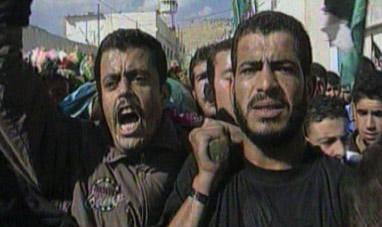

THE SECOND INTIFADA
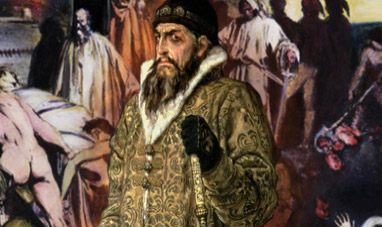

IVAN THE TERRIBLE
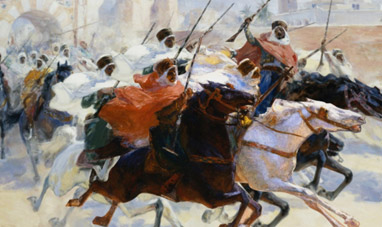

ABBAS I THE GREAT
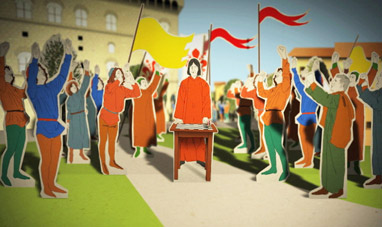

LORENZO DE' MEDICI
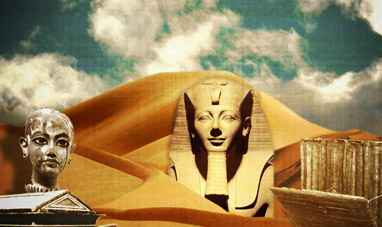

TUTANKHAMEN


DENG XIAOPING
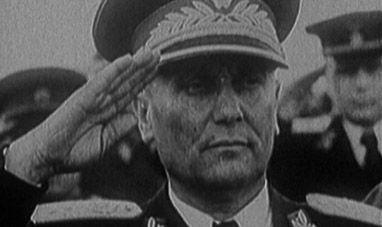

JOSIP BROZ TITO
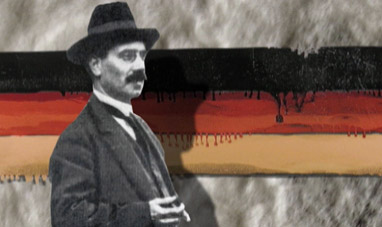

KARL LIEBKNECHT
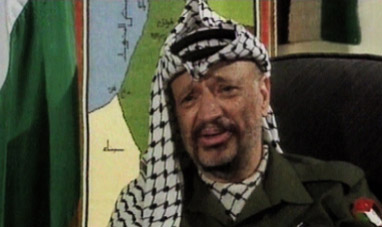

YASSER ARAFAT
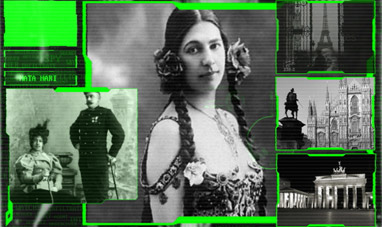

MATA HARI
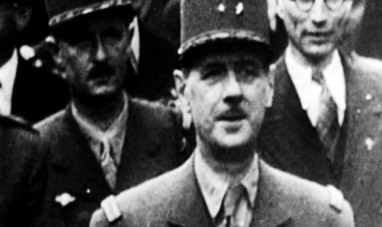

CHARLES DE GAULLE
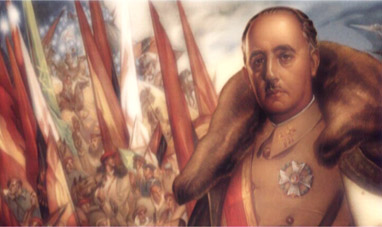

FRANCISCO FRANCO
